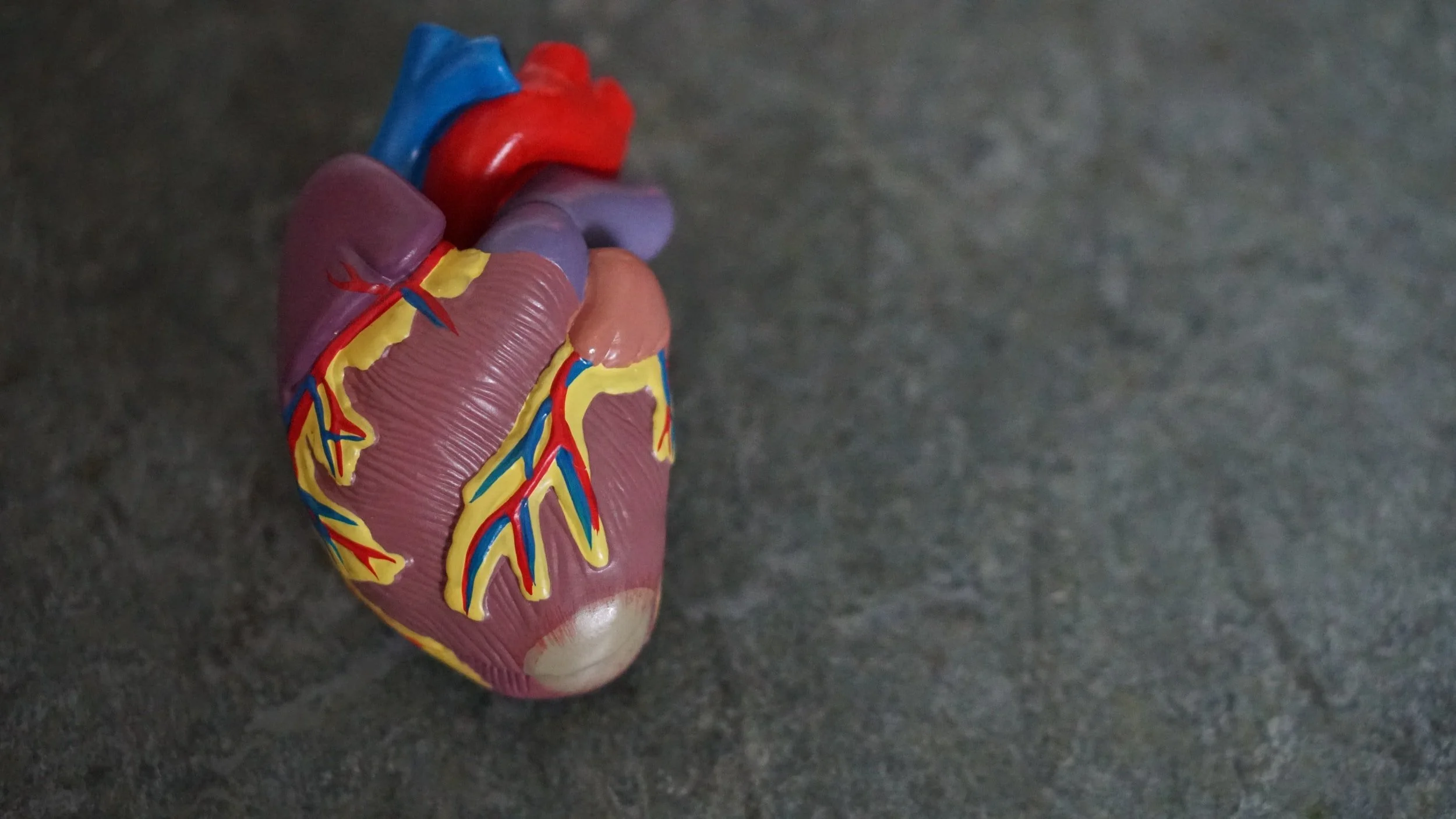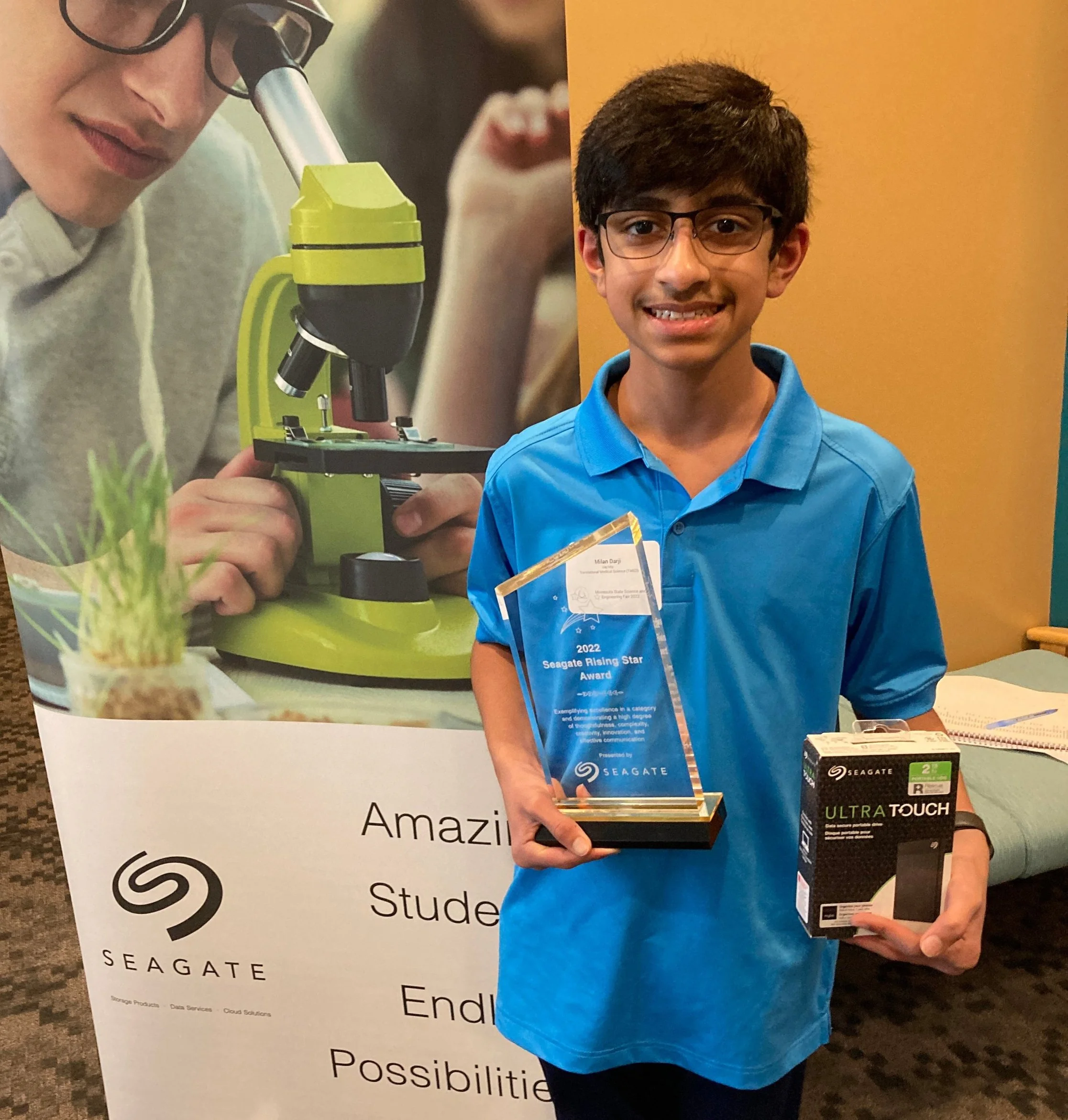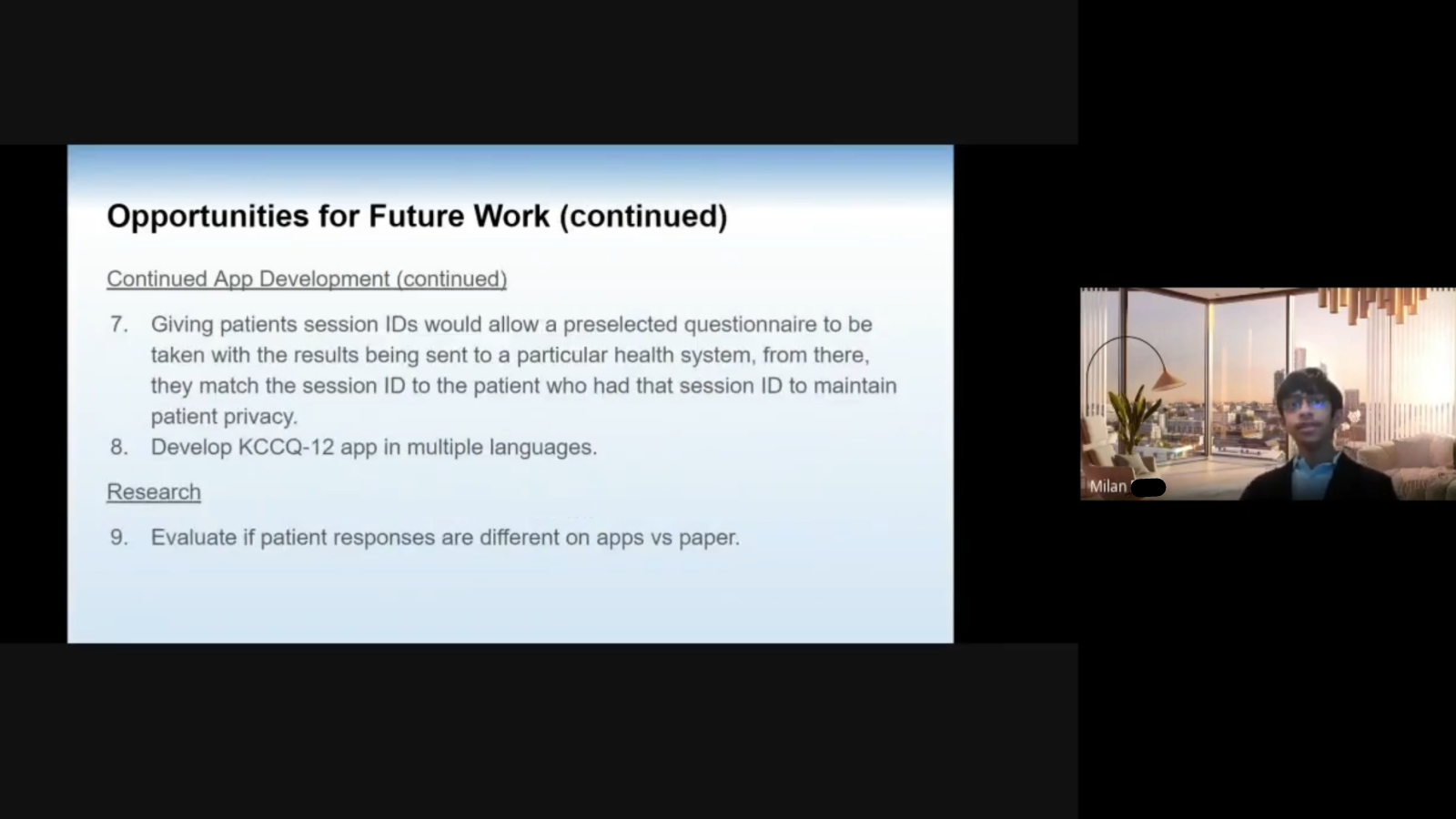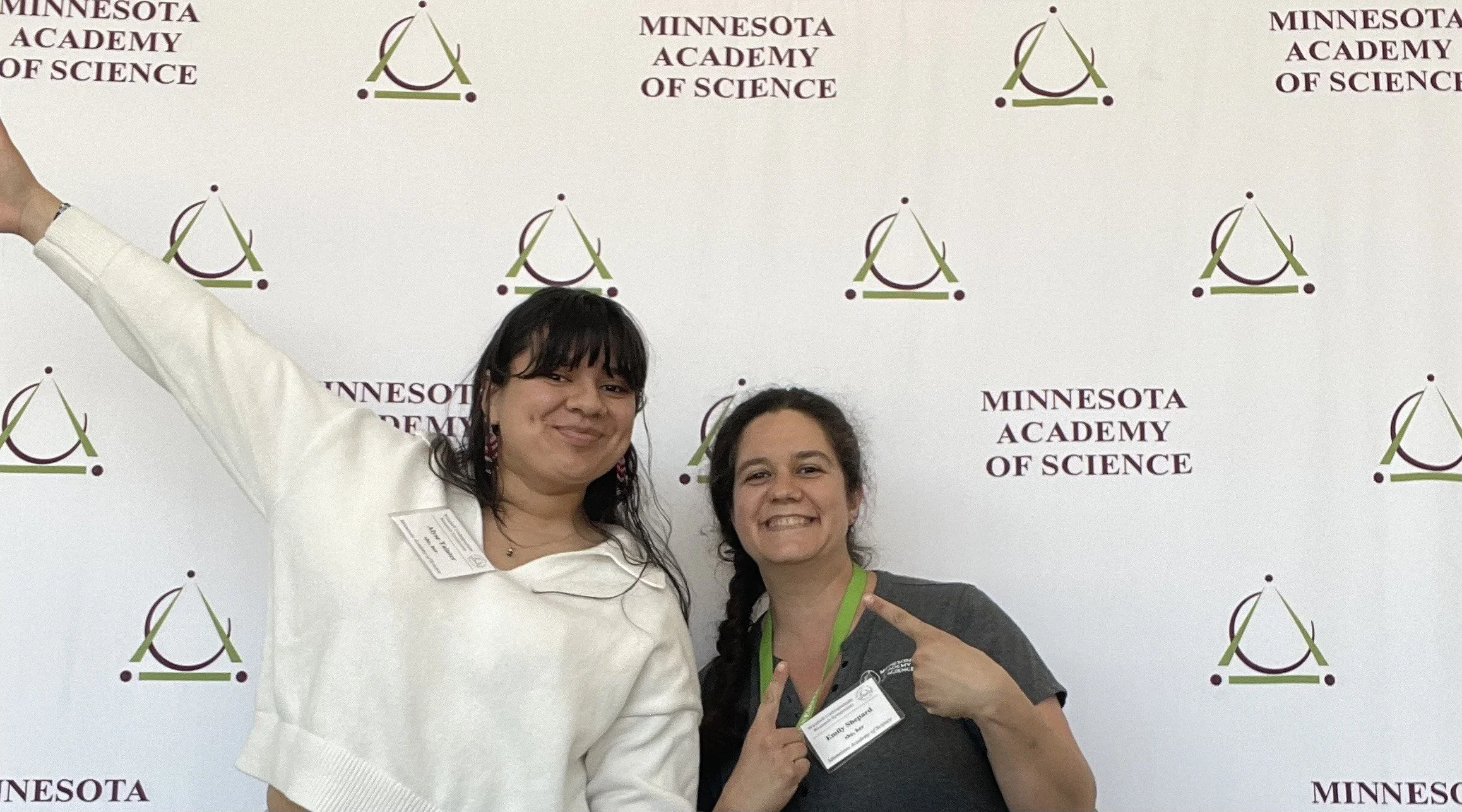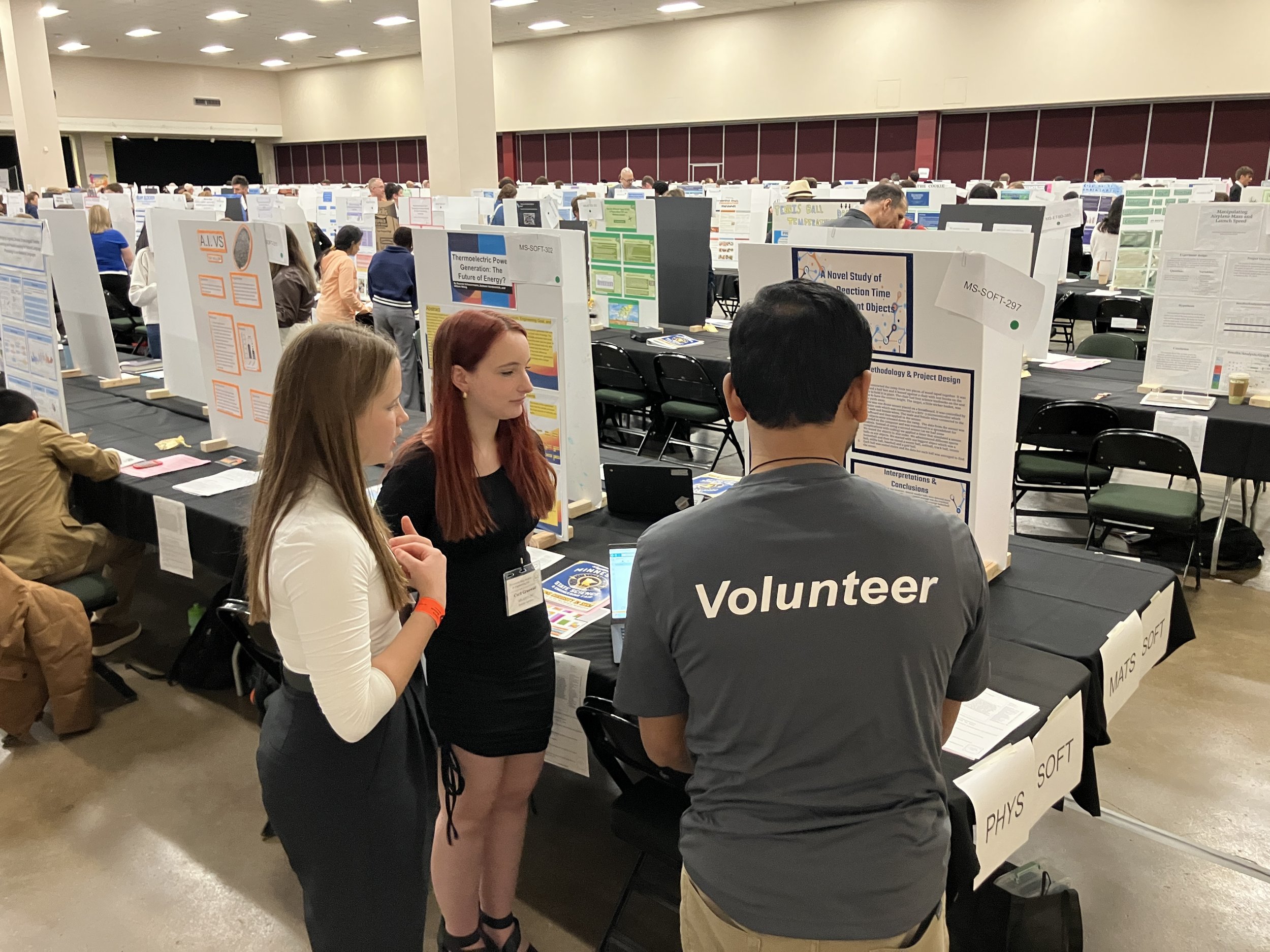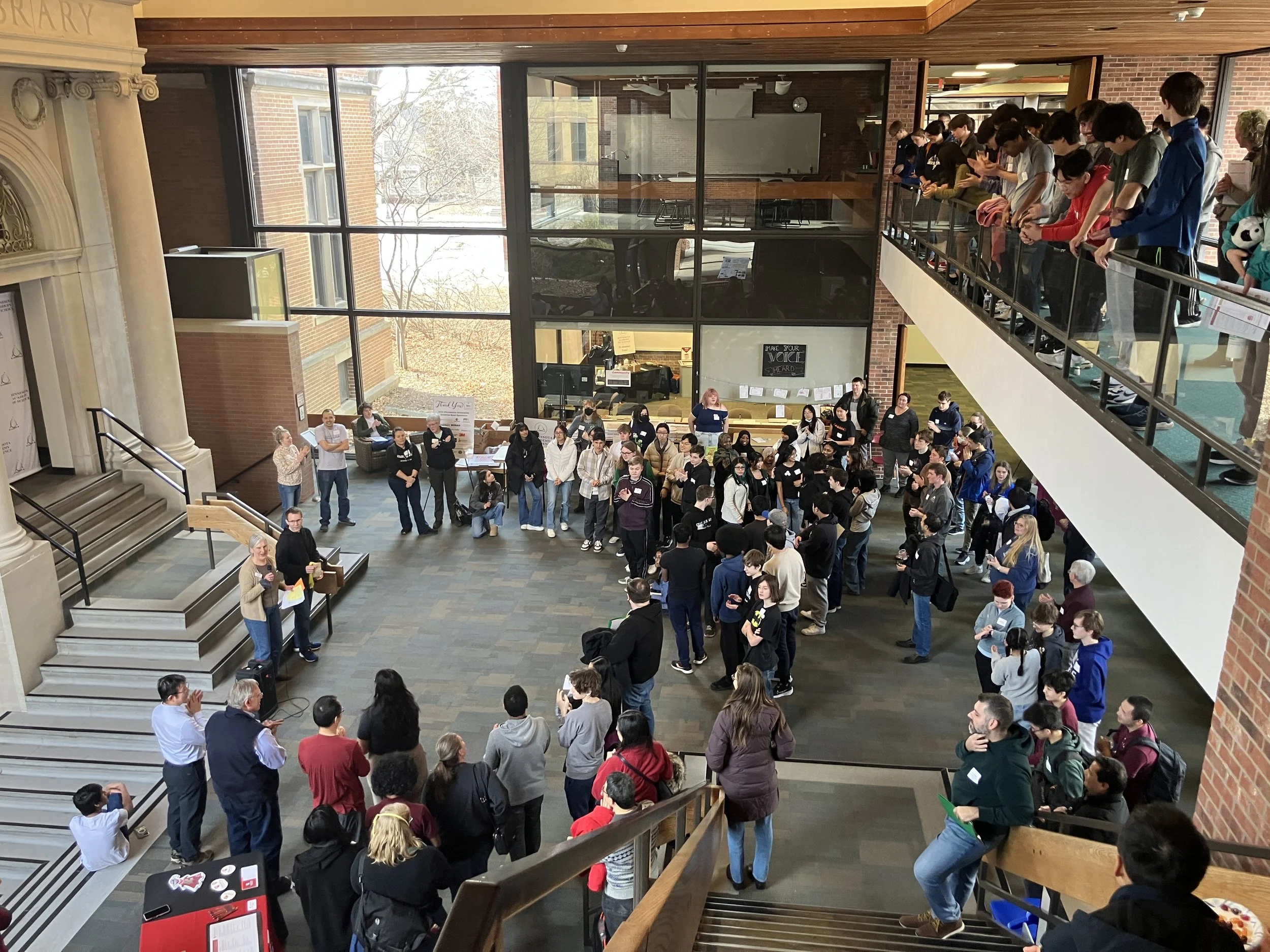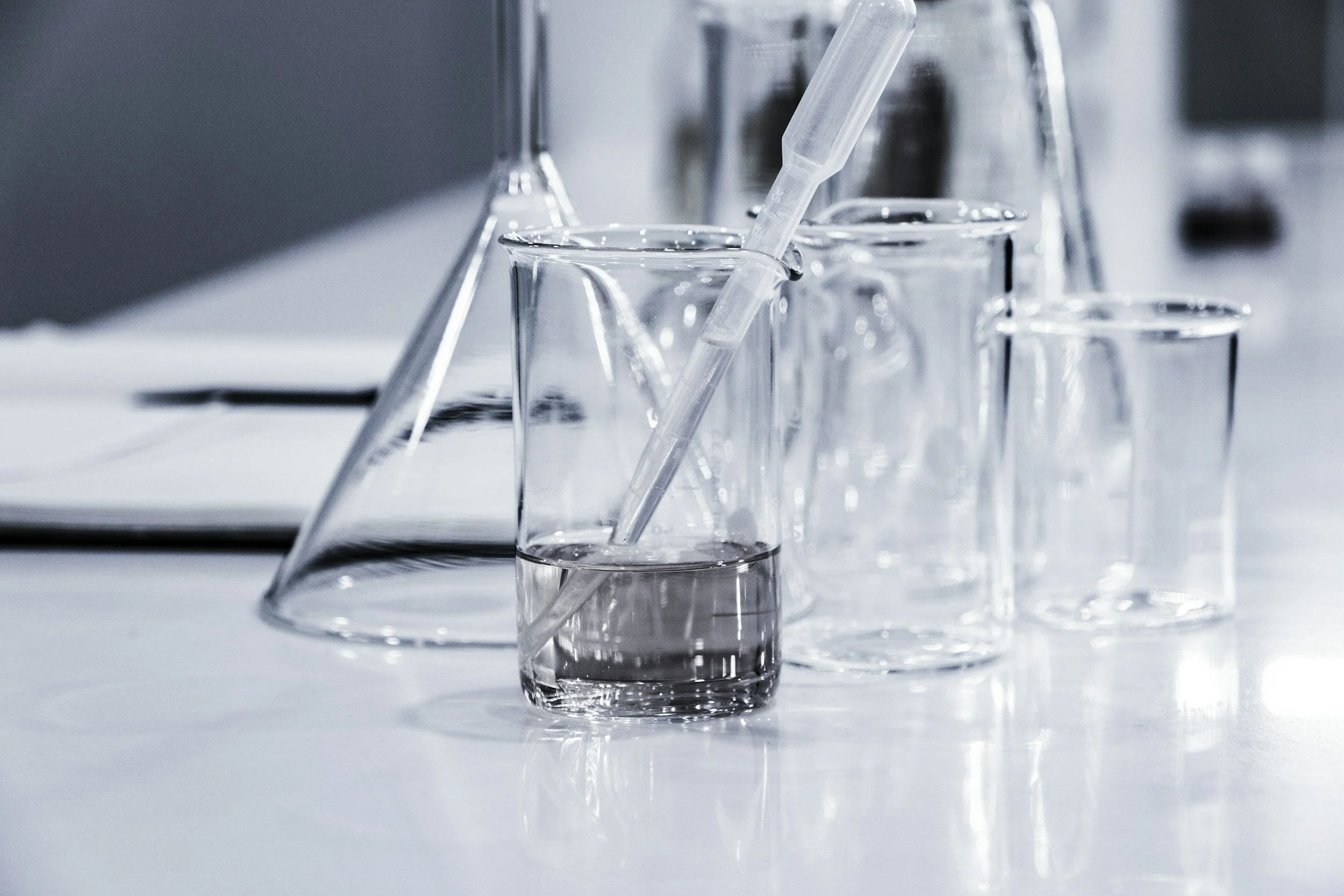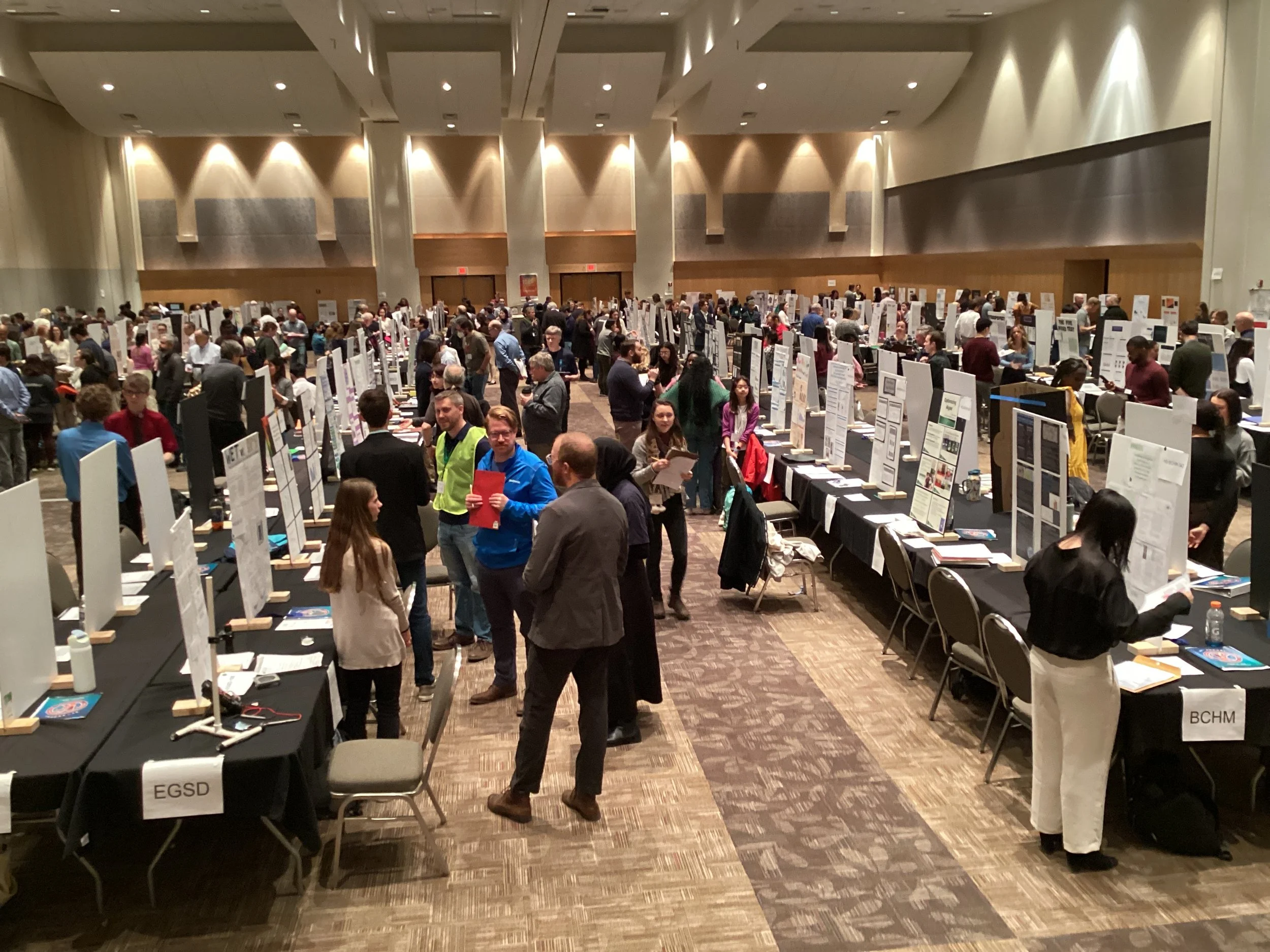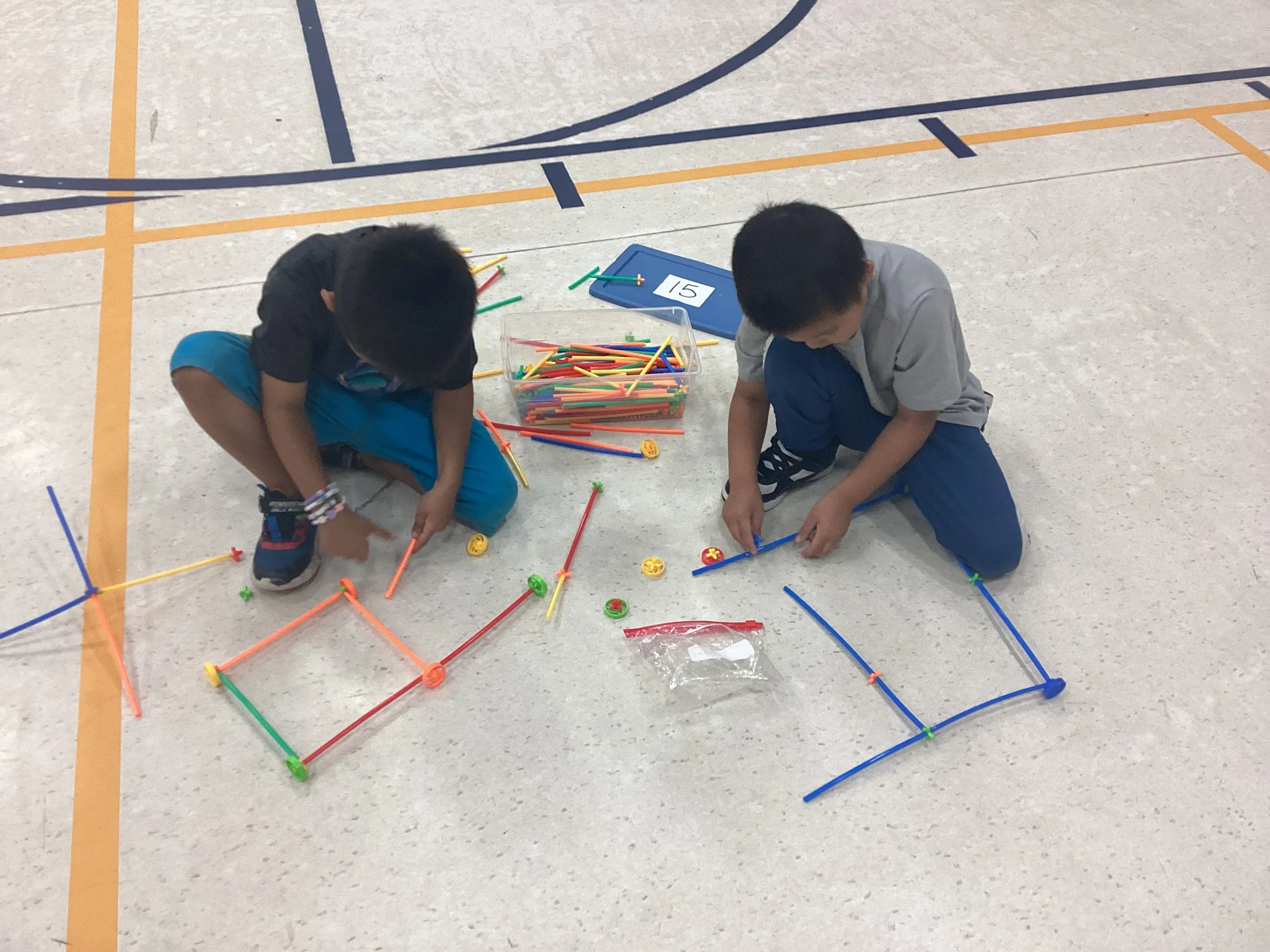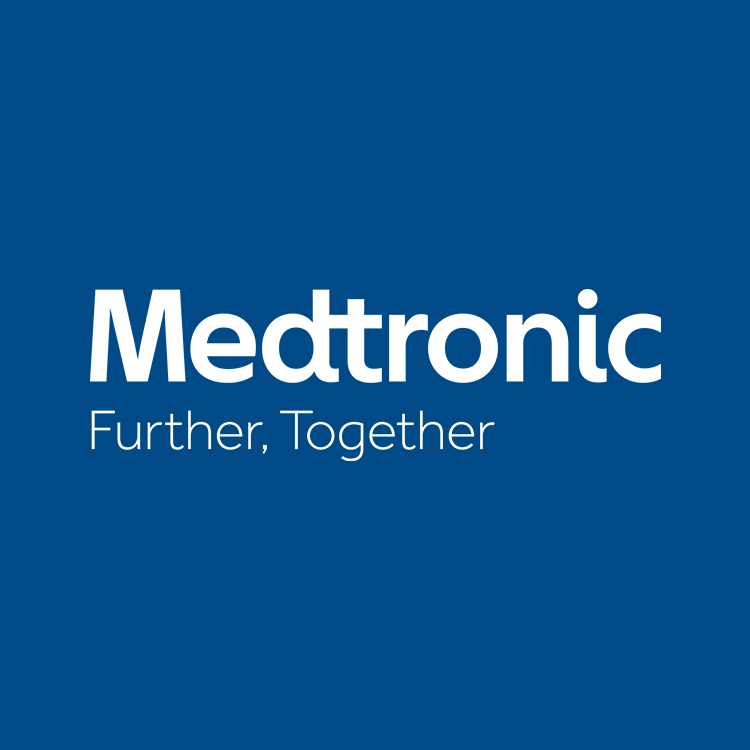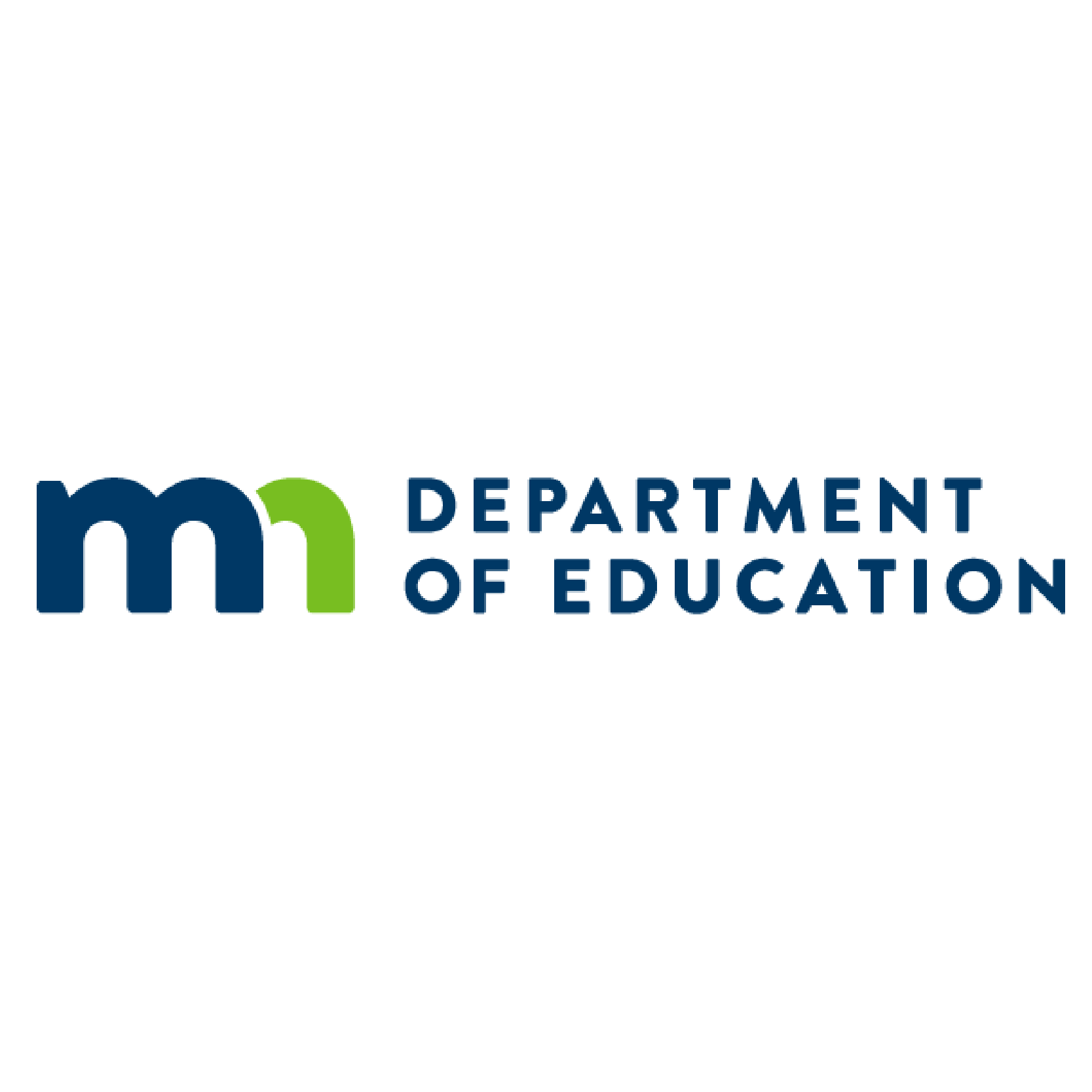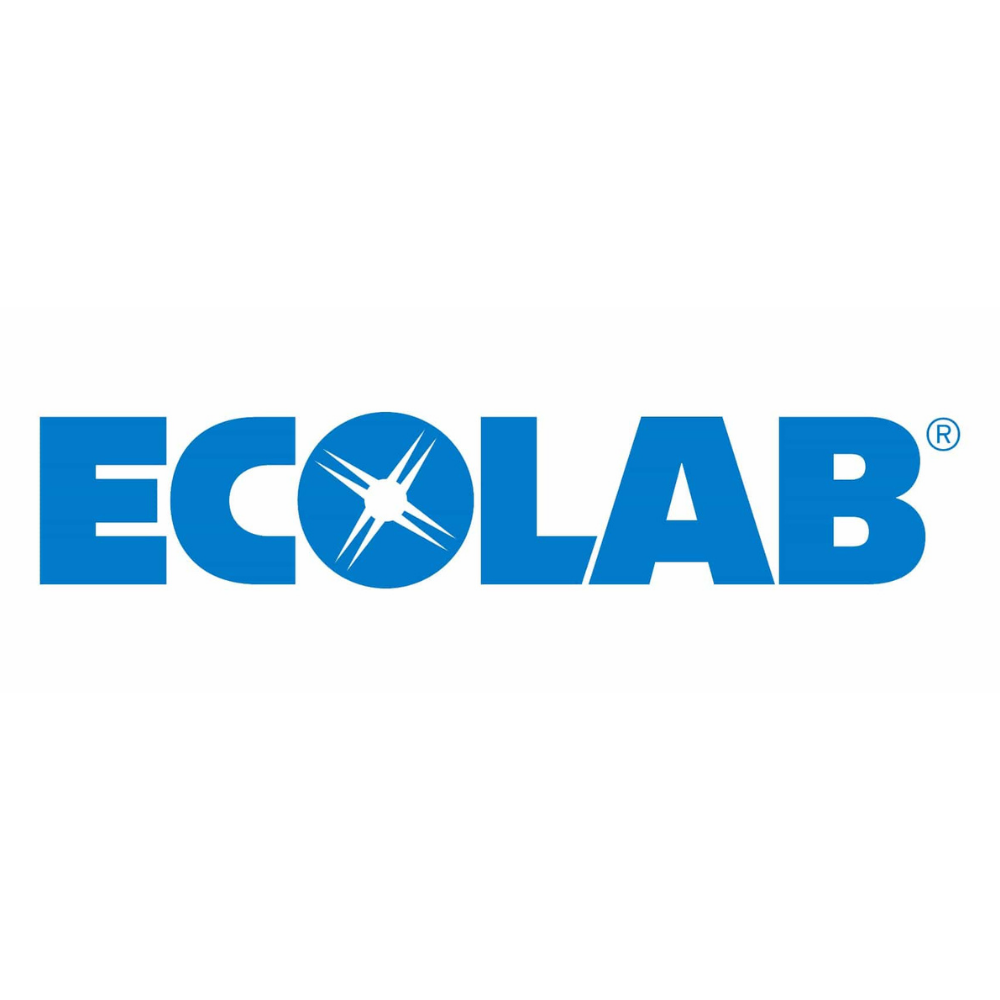Milan with his Seagate Rising Star Award at the 2022 Minnesota State Science and Engineering Fair
While learning about medical data in a summer class, Milan Darji, an eighth-grader from Minnetonka East Middle School, became curious about how the information was collected. He dug deeper into this issue in his 2022 Science Fair project, There’s Not An App For That! A Novel Clinical Assessment Tool To Predict Heart Failure Patient Outcomes. Milan’s project documenting the development of a new web application (web app) to collect medical data won a half-dozen awards at last spring’s Minnesota State Science and Engineering Fair. It also has the potential to improve - and even save - the lives of people all over the world.
We sat down with Milan at the Minnesota State Science and Engineering Fair (SSEF) celebration event at the Science Museum of Minnesota in March to learn more about his project and plans for the future.
Noticing a Need
While attending a medical diagnosis class at Johns Hopkins University, Milan learned about psychometric questionnaires, in which a heart patients’ health status is quantified by filling out a form with information about how they are feeling. Milan’s interest was piqued after learning that these questionnaires, which are filled out by hand at clinics, can result in improved patient outcomes for heart patients. However, he noticed a major problem. The paper questionnaires can be extremely difficult and time-consuming to administer and score. Furthermore, the paper surveys can only be filled out when patients visit clinics, limiting how often they can be administered.
Milan’s initial research into these questionnaires led him to note that “administering the questionnaire more frequently and more conveniently would lead to better quality of life and outcomes.” He saw a web app as a huge opportunity to make the questionnaire more accessible and to ease difficulties of scoring answers. Milan noted that a web app would allow patients to take the questionnaire more frequently and from home, would reduce workload on nurses, and could possibly help with future clinical trials. To Milan, the need was clear - the next challenge would be the process of developing the web app itself!
Developing the App
Milan began by identifying key aspects that the app would need to contain, such as maintaining patient privacy, automated scoring, and displaying the score to the user. Next, Milan developed a wireframe (similar to a blueprint) of the application.
Coding in HTML, Javascript, and CSS, Milan went through a total of fourteen cycles of the engineering design process to identify and fix problems with the web app! Aspects of the web app design process presented challenges during his project, and Milan reflected that “the algorithm for scoring one of the questionnaires that I use is actually super complicated, which is one of the reasons why these super high functioning individuals - nurses - have trouble scoring it. I had three major design iterations, which took a lot of time to go through, and that was my biggest issue.” However, when faced with design challenges, he never considered giving up on the project, and instead focused on finding solutions.
Milan’s final product ended up with nearly 1,000 lines of code, and is now available to the public - try it yourself!
Recognition at the Minnesota State Science Fair
Judges at the SSEF were extremely impressed with Milan’s vision and dedication. One Seagate judge scoring the project noted the broad potential of the web app, commenting that it results in “increased access for patients and medical staff both locally and around the world irrespective of social or economic status.” In recognition of his work, Milan was recognized with one of the most prestigious awards at the SSEF, the middle school Seagate Rising Star Award, which includes a prize of $1.500! He also won the 3M Science Applied to Life Award (middle school, second place), the American Heart Association Community Impact Award, the Broadcom Coding with Commitment Award, a Broadcom Masters Award, and a Minnesota Academy of Science Gold Medal.
“I would definitely recommend doing a science project, it's always fun to do a science project, and learning about science and the scientific method is really useful in life, even outside of my science fair project… I use the scientific method and a lot of things from science for everything in my life.”
Future Goals
Milan has plans to continue to improve the web app, and says “I’m really excited to continue doing my work and there’s definitely a lot of improvements I can make to my app. I’m currently trying to get it into a clinic for actual testing and get feedback from nurses and patients.” Milan is currently developing the web app to score and display previous responses. He notes that opportunities for continued development include a user login option, an option to alert health care providers when a patient’s score indicates a potential health issue, integration into personal devices such as smart watches, and translation into different languages.
A screenshot from Milan’s Science Fair presentation
You can watch Milan’s presentation, and learn about many more exciting and inspiring Science Fair projects at our 2022 SSEF results page.
